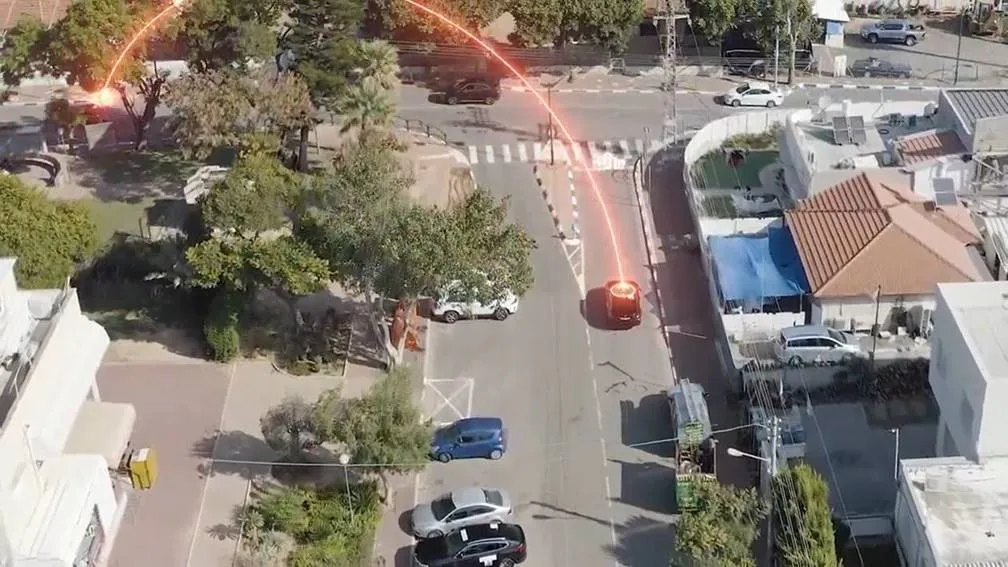The launch of Latin NCAP has taken place simultaneously in Montevideo, Uruguay and São Paolo, Brazil with the new association releasing test results of nine cars from the popular small vehicle class using the same frontal impact test that is included in Euro NCAP’s test programme.
The FIA (Fédération Internationale de l’Automobile), FIA Foundation, ICRT (International Consumer Research and Testing) and GRMF (the Gonzalo Rodriguez Memorial Foundation) with support of the IDB (the Inter-American Developmen
March 1, 2012
Read time: 2 mins
The launch of 3494 Latin NCAP has taken place simultaneously in Montevideo, Uruguay and São Paolo, Brazil with the new association releasing test results of nine cars from the popular small vehicle class using the same frontal impact test that is included in 6437 Euro NCAP’s test programme.
The FIA (7113 Fédération Internationale de l’Automobile), FIA Foundation, ICRT (International Consumer Research and Testing) and GRMF (the Gonzalo Rodriguez Memorial Foundation) with support of the IDB (the 5982 Inter-American Development Bank), joined forces in setting up Latin NCAP. The programme is expected to contribute to the UN Decade of Action for Road Safety 2011-2020 which could save five million lives on the world’s roads if successfully implemented.
Michiel van Ratingen, secretary general of Euro NCAP, says “We congratulate the partners in Latin NCAP for taking this important step for the Latin American and Caribbean region. Latin NCAP will not only contribute to raising the standards of car safety and to increasing the levels of protection given to drivers, adult passengers and children, but also help increase much needed public awareness about the importance of safer road transport.”
The nine cars assessed by Latin NCAP have been subjected to impact crash testing and safety equipment, including airbags and seatbelts, for drivers, passengers and children has been rated. Separate star ratings for the safety of adults and children have been given with five stars awarded for the best possible performances.
The FIA (
Michiel van Ratingen, secretary general of Euro NCAP, says “We congratulate the partners in Latin NCAP for taking this important step for the Latin American and Caribbean region. Latin NCAP will not only contribute to raising the standards of car safety and to increasing the levels of protection given to drivers, adult passengers and children, but also help increase much needed public awareness about the importance of safer road transport.”
The nine cars assessed by Latin NCAP have been subjected to impact crash testing and safety equipment, including airbags and seatbelts, for drivers, passengers and children has been rated. Separate star ratings for the safety of adults and children have been given with five stars awarded for the best possible performances.







